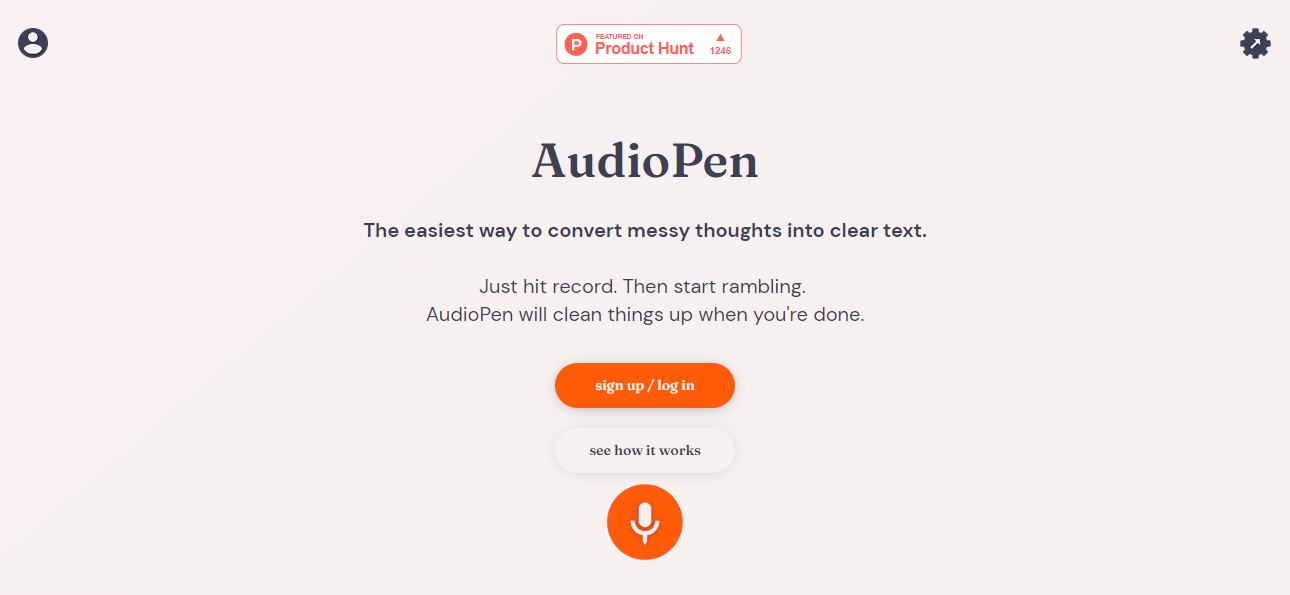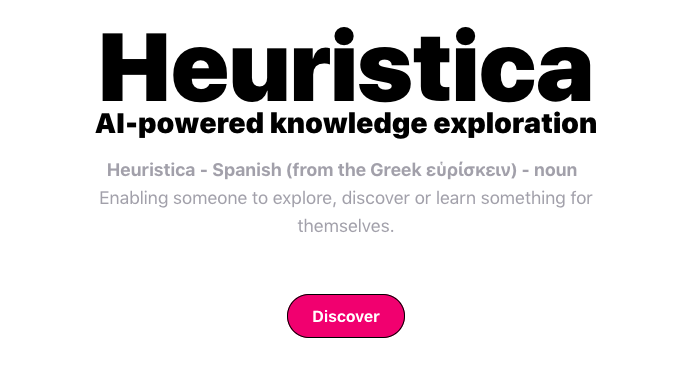AudioPen can simplify your working life by transforming your thoughts into organised, easy-to-read text. With their innovative technology, you can convert spoken words into written notes, complete with a personalised writing style. Plus, you can easily export your notes to other apps for seamless documents. In theory AudioPen will help you declutter your mind and streamline your note-taking process and should have many applications for us as educators with hectic day-to-day schedules and often overwhelming workloads.
I have only used this briefly so far and I wanted to share my experience in using AudioPen, while I have not been using it for academic purposes it is a that has helped me with my projects and workflows. I've found it to be incredibly effective in organising my thoughts and ideas.
Currently, for the AI projects I am involved in, AudioPen has been a great tool for keeping my ideas and notes organised. I can simply speak my thoughts out loud, and AudioPen converts them into written text, which I can then easily review and edit as needed.
I've also tried using AudioPen for my personal tech AI projects. Whether it's planning or organising my to-do list or just speaking out loud an concept or idea, AudioPen has been a great way to keep my thoughts in order.
Overall, I've found AudioPen to be a useful and intuitive tool for decluttering my mind and streamlining my note-taking process. During this, I have come up with some applications that might be of use to us as educators:
- Note-taking and lesson planning. With AudioPen, you could quickly generate written notes during lessons or while planning simply by speaking your thoughts out loud. This allows you to easily refer back to your ideas and plans later.
- Creating written materials for your students. AudioPen could transform your spoken thoughts into polished written documents, making it easy to create summaries, study guides, and handouts.
- AudioPen could also be used to document meetings and discussions with colleagues. By recording conversations and generating written transcripts, you can ensure that all ideas and decisions are captured accurately - an issue with this could be GDPR implications; appropriateness would need to be decided in align with your establishments policy; I could imagine it being useful for a generic planning meeting where no personal information is shared for example.
- For students with hearing disabilities, AudioPen could be a valuable tool for making your lectures and course materials more accessible. By providing written transcriptions of your lectures and other materials, you could ensure that all students have equal access to the content.
- Finally, AudioPen could even be used for multilingual teaching. By speaking your thoughts out loud in one language, you can generate a written document in another language, making it easy to create materials for students who are either learning a new language or do not speak English natively.
Try AudioPen!
Feel free to subscribe to my newsletter below or follow my recently created Education AI Twitter page where I'll hopefully be sharing more thoughts and content over the coming weeks.




